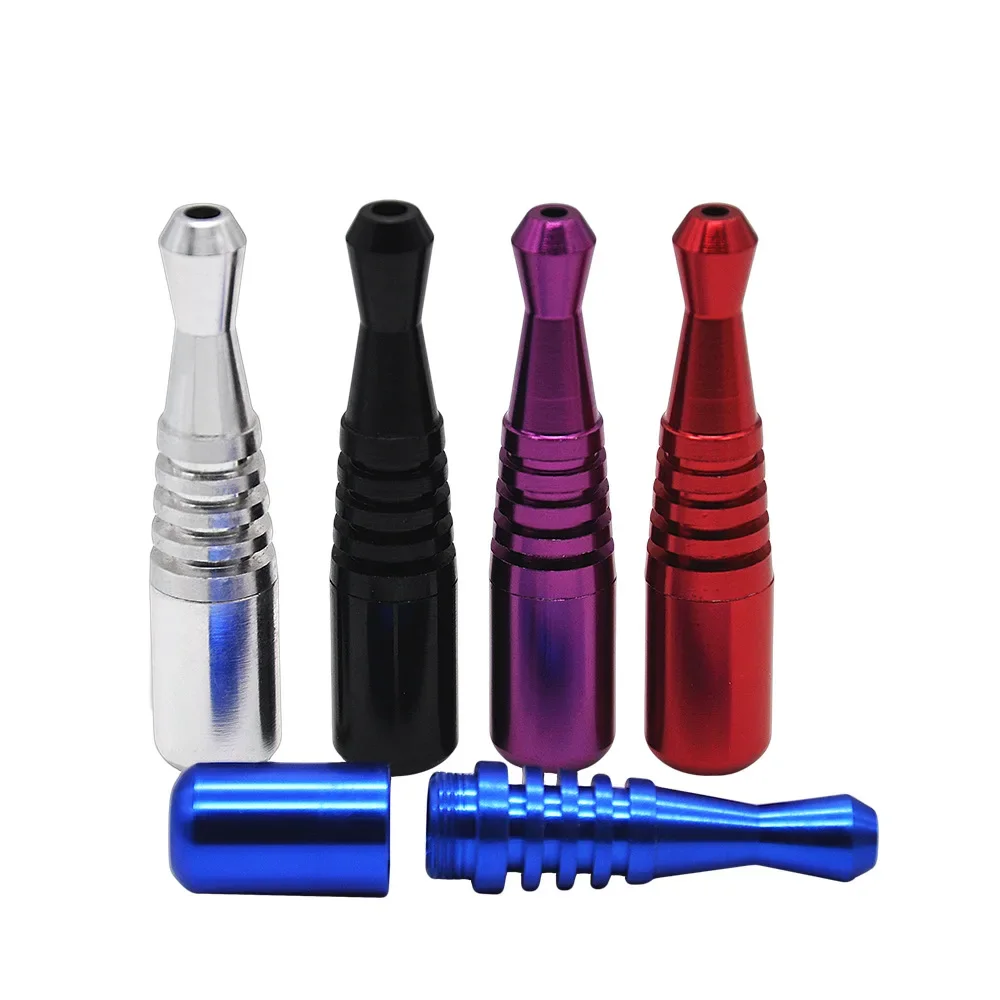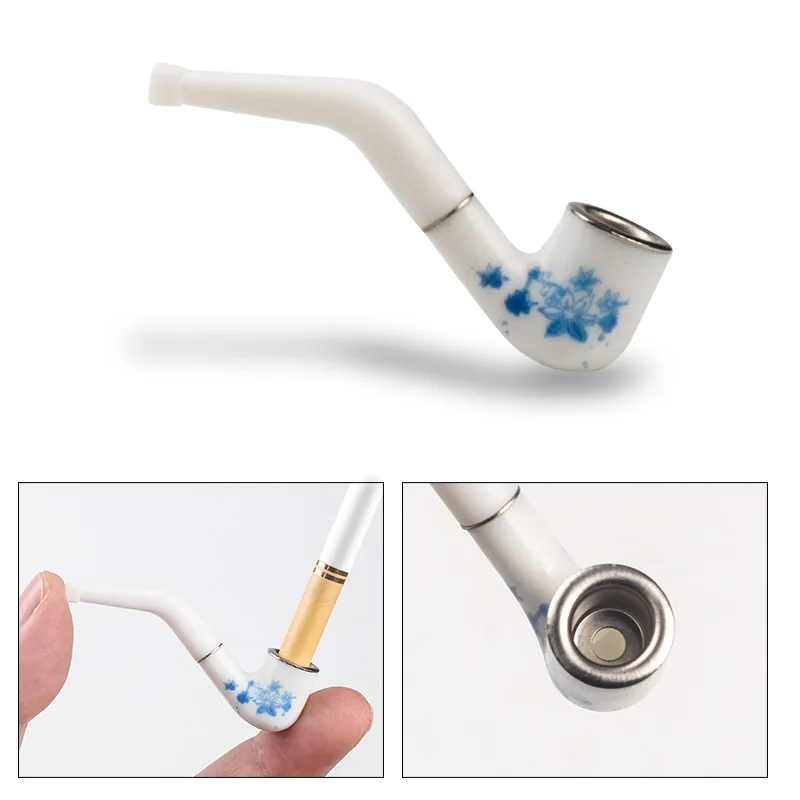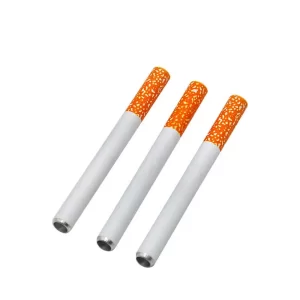As “Kush,” a synthetic drug ravaging Sierra Leone’s youth, continues to spread, some in the country are questioning whether cannabis legalization could offer a safer path forward. At the United Nations this week, Sierra Leone’s ambassador and current president of the UN Security Council, Michael Imran Kanu, made clear that reform isn’t on the table yet, but he didn’t rule out the conversation entirely.
Speaking at a November 3 briefing in New York, Ambassador Kanu fielded questions about his country’s agenda during its Security Council presidency. While cannabis was not among the official topics, he responded when asked whether Sierra Leone might consider medical cannabis reform to help reduce abuse of “Kush,” a synthetic street drug often mistaken for cannabis.
A Question of Reform in a Country Scarred by Conflict
Sierra Leone has a long and complicated history with cannabis and blood diamonds.
The Revolutionary United Front (RUF) rebel group waged a brutal eleven-year war in Sierra Leone, beginning in 1991 and ending in 2002. The movement later re-formed as a political party, separate from its wartime leadership. Several of its top wartime commanders were convicted of crimes against humanity and war crimes in 2009 by the Special Court for Sierra Leone.
RUF rose to power on the empty political promises that diamond wealth would be distributed among the people in a socialist manner. That didn’t occur.
When the RUF took over Sierra Leone’s diamond mines, they carried out brutal attacks against civilians, often amputating limbs in a campaign of terror intended to disable resistance. Their goal was to make “a nation of amputees” so crippled Sierra Leonian citizens couldn’t fight back. Between 1991 and 2002, over 50,000 people were killed, over 2 million displaced within the country or made refugees, and thousands were mutilated, raped and tortured, according to Amnesty International.
Today, the country is still recovering from the consequences of the civil war and the economic instability it caused.
According to several survivor testimonies and local reports, some cannabis cultivators were spared from the violence, in part because rebel units consumed the crop and sought to protect the trade routes that moved it to Europe.
Some people fled to the mountains to work as “harvesters” and “pickers” in these quasi-autonomous zones to escape harsher punishment and keep their limbs and digits intact. Others took on the unhealthy task of gathering bat guano from caves to fertilize the plants and prove themselves useful to cannabis cultivation efforts.
Currently, cannabis is illegal in Sierra Leone, but it is widely available and consumed openly.
A newer drug, named “Kush,” which is a synthetic cannabinoid similar to K2, and not to be mistaken for genuine cannabis plant cultivars with the same name, rose to popularity in the country in the early 2020s.
Simultaneously, Sierra Leone’s then Minister of Health and Sanitation noted that policies should change and that there may be a future in which cannabis cultivation and sales are accessible to members of the public.
Five years later, there hasn’t been much movement in drug policy reform regarding cannabis legalization.
Cannabis Reform Remains a Homegrown Call
When asked in Monday’s briefing if the Government of Sierra Leone considered legalizing medical cannabis, and in doing so, if it would potentially cause a decline in “Kush” abuse, Ambassador Kanu said:
“While it’s not a question for the President of the Council and not a Security Council matter, it is still an important matter when you look at the future. I would say that, including quite recently, the government of Sierra Leone and His Excellency has taken a very strong position on how to address drug abuse.”
“Looking at your specific question on legalization, that should be a national-owned process,” he continued. “And, I have not observed any movement towards that nationally.”
“I think that is something which should be expected. It has to be homegrown for such issues, very important to the health, mental well-being of the state, to be left to the citizens of a state to determine.”
For now, the country’s cannabis debate remains tied to deeper questions of health, sovereignty and recovery.
High Times and The Cannabis Bureau will follow any developments in Sierra Leone’s cannabis policy.
Video and photo courtesy of UNTV.
























